- Home
- /
- Products
- /
- Product Series
- /
- Pillow Blocks
- /
- Cast Iron Block Bearings
Cast Iron Block Bearings
| Name: | Pillow Blocks |
| Specification Range: | gray iron castings, steel castings, stainless steel |
| Cage material: | UC201-UC220, UC305-UC330, UCP201-UCP220, UCF201-UCF220, UCFL201-UCF215, UCT204-UCT215, UCPA203-UCPA215, UCPH203-UCPH215, UCFC204-UCFC220, UCHA204-UCHA215, UCFA203-UCFA215, UCFB203-UCFB215, UCP305-UCP330, UCF305-UCF330 |
Product Description
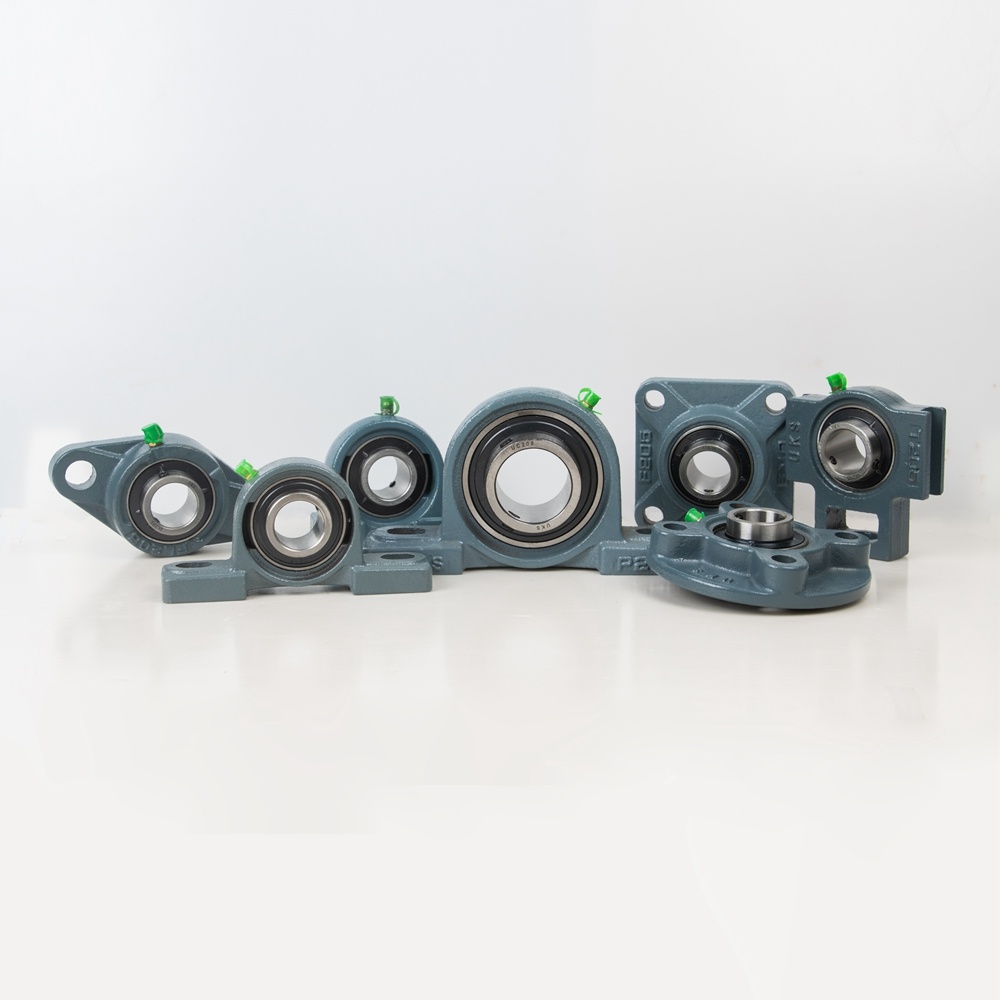
2.Durable: Cast iron is a strong and durable material that can withstand harsh conditions and high temperatures.
3.Corrosion-resistant: Cast iron is also resistant to corrosion, which makes it ideal for use in harsh environments where moisture or chemicals may be present.
4.Easy to install: Cast iron block bearings are relatively easy to install, which can save time and labor costs.
5.Cost-effective: Cast iron is a relatively inexpensive material, which makes cast iron block bearings a cost-effective choice for many industrial applications.
6.Versatile: Cast iron block bearings can be used in a wide range of applications, from heavy-duty equipment to simple machinery.
7.Absorb vibration: Cast iron has good vibration damping properties, which can help reduce noise and vibration in machinery.











Related Products
FAQ
Bearing steel is the steel used to make balls, rollers and bearing rings. Bearing steel has high and uniform hardness and wear resistance, as well as a high elastic limit. The uniformity of the chemical composition of the bearing steel, the content and distribution of non-metallic inclusions, and the distribution of carbides are very strict, and it is one of the most stringent steel types in all steel production. In 1976, the International Organization for Standardization ISO incorporated some common bearing steel grades into international standards, and divided bearing steel into 17 categories: fully hardened bearing steel, surface hardened bearing steel, stainless bearing steel, and high temperature bearing steel. steel number. Bearing steel is mainly used to manufacture rolling elements and rings of rolling bearings. Since the bearing should have the characteristics of long life, high precision, low calorific value, fast speed, good rigidity, low noise, and high wear resistance, the bearing steel is required to have: high hardness, uniform hardness, high elastic limit, and high contact fatigue. Atmospheric lubricant strength, necessary toughness, certain hardenability and corrosion resistance. In order to meet the above performance requirements, the uniformity of the chemical composition of the bearing steel, the content and type of non-metallic inclusions, the particle size and distribution of carbides, and decarburization are strictly required. Bearing steel generally develops in the direction of high quality, high performance and diversification. Bearing steel is divided into high carbon chromium bearing steel, carburized bearing steel, high temperature resistant bearing steel, stainless steel bearing steel and special bearing material according to characteristics and application environment.
Bearings are parts that support the shaft, used to guide the rotational movement of the shaft, and bear the load transmitted from the shaft to the frame. Bearings are widely used and demanding supporting parts and basic parts in the machinery industry. They are the supporting components of the rotating shafts or movable parts of various machines, and are also the supporting components that rely on the rolling of rolling bodies to realize the rotation of the main engine. Known as mechanical joints.
Compared with ordinary bearings, high temperature bearings have high temperature resistance up to 500°C or 800°C, greater bearing capacity, oxidation and corrosion resistance, high hardness and wear resistance, strong impact and bite resistance, smooth and shiny appearance, self-lubricating, low There is no lubricant for those with high speed, the load is 1.4 times that of ordinary bearings, and the average life is more than five times that of ordinary bearings. In addition to being different in performance and material, the expression of the model is also different.
The parts of the bearing are made of bearing steel and subjected to high-temperature tempering treatment, and the post code is in accordance with the regulations of JB/T2974 (the parts have been subjected to high-temperature tempering treatment, and the working temperature can reach 150C°, and the code is /SO; the sh07 parts have been subjected to high temperature After tempering treatment, the working temperature can reach 200°C, and its code is /S1; after high-temperature tempering, the working temperature can reach 250°C, and its code is /S2; after high-temperature tempering, the working temperature It can reach 300°C, and its set code is /S3; after high temperature tempering treatment, the working temperature can reach 350°c, and its set code is /S4).
2. The parts of the bearing are made of heat-resistant steel, and its postcode is in accordance with the regulations of JB/T2974 (the material is Cr4Mo4V, and its postcode is /HN; the material is Cr14Mo4, and its postcode is HN1; the material is Cr15Mo4V, and its The postcode is /HN2; the material is W18Cr4V, and the postcode is /HN3).
1. Sweden SKF (SKF Group was founded in 1907, the world’s leading supplier of rolling bearings, SKF Group China Co., Ltd.).
2. Japan’s NSK (in 1916, it was the first manufacturer in Japan to design and produce bearings, Nippon Seiko Co., Ltd.). 3. Japan KOYO (Koyo Electronics (Wuxi) Co., Ltd., a leading enterprise in the field of bearings, automobile power driving and mechanical equipment).
3. Germany FAG-INA (Germany Schaeffler Group is a global leader in the production of rolling bearings and linear motion products).
4. Japan NTN (founded in 1918, NTN NTN is one of the largest bearing manufacturers in the world).
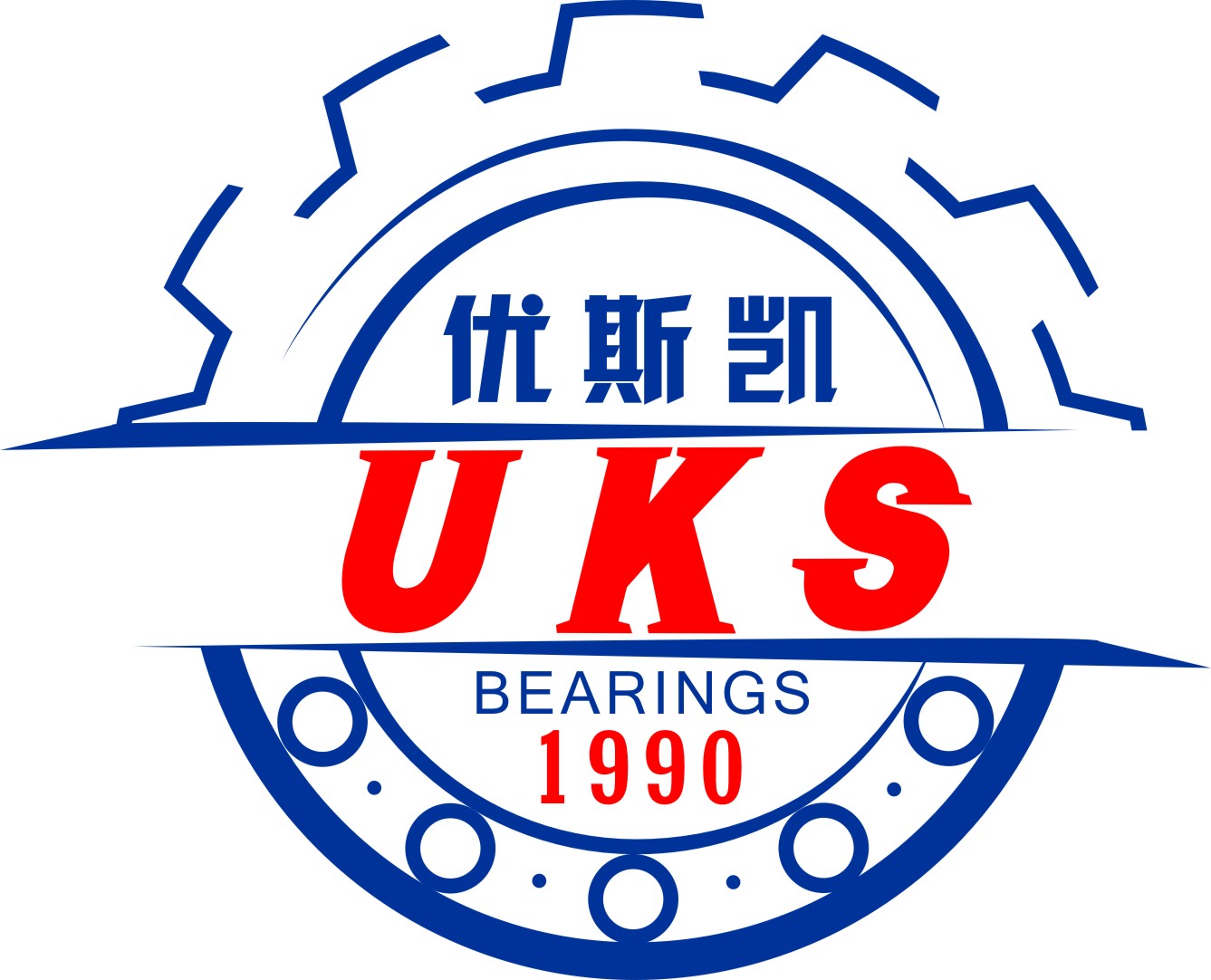
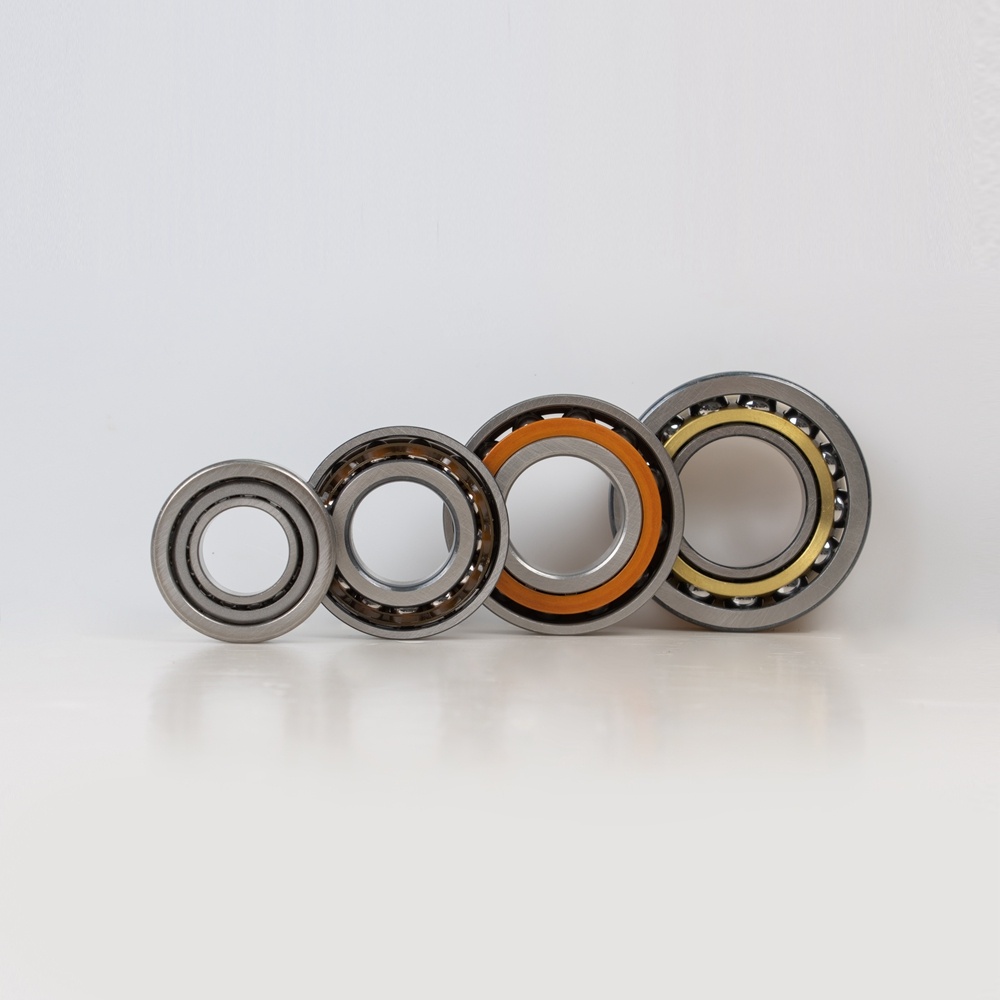
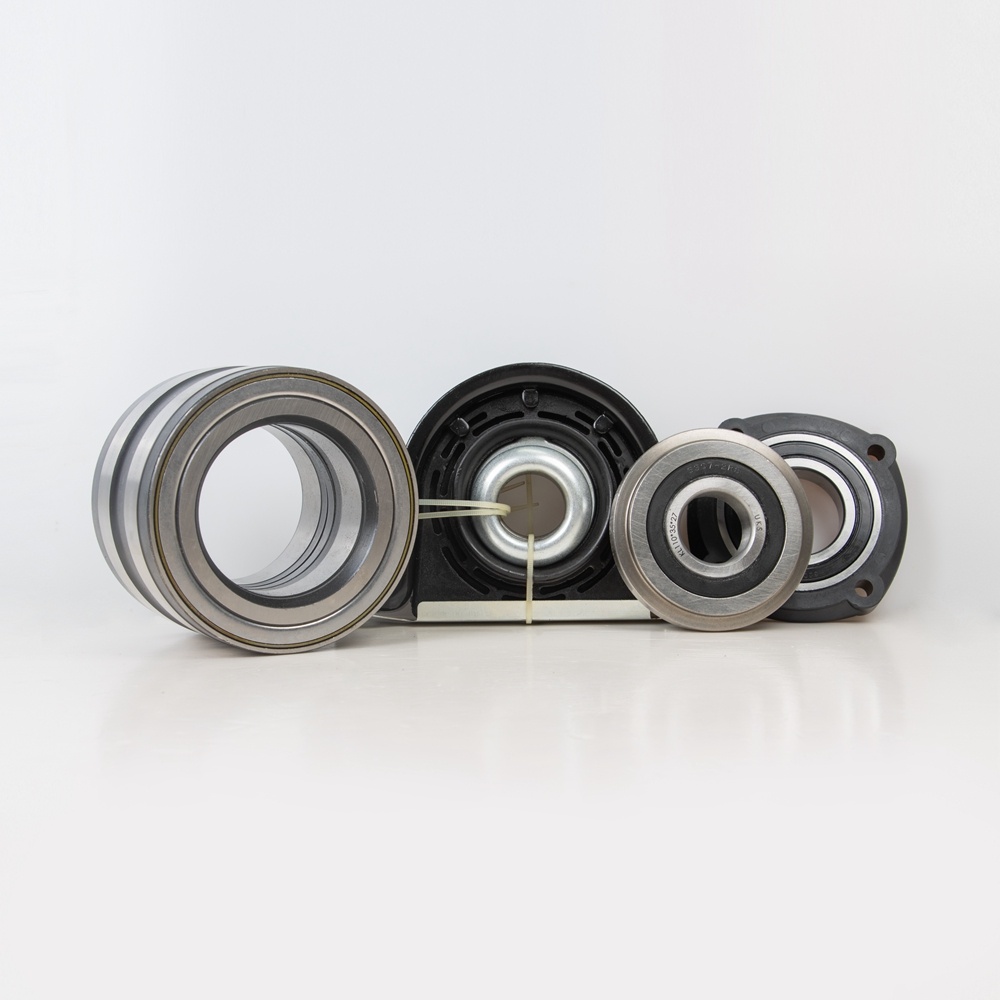
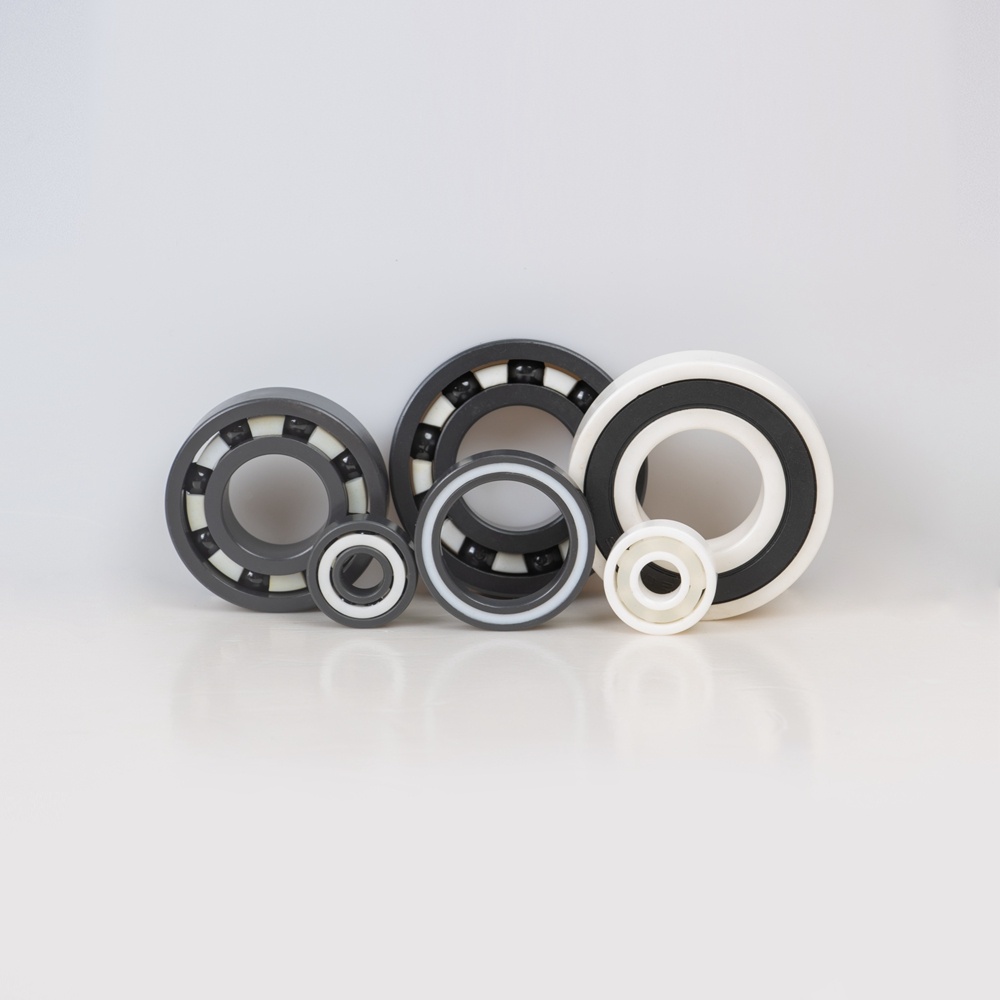
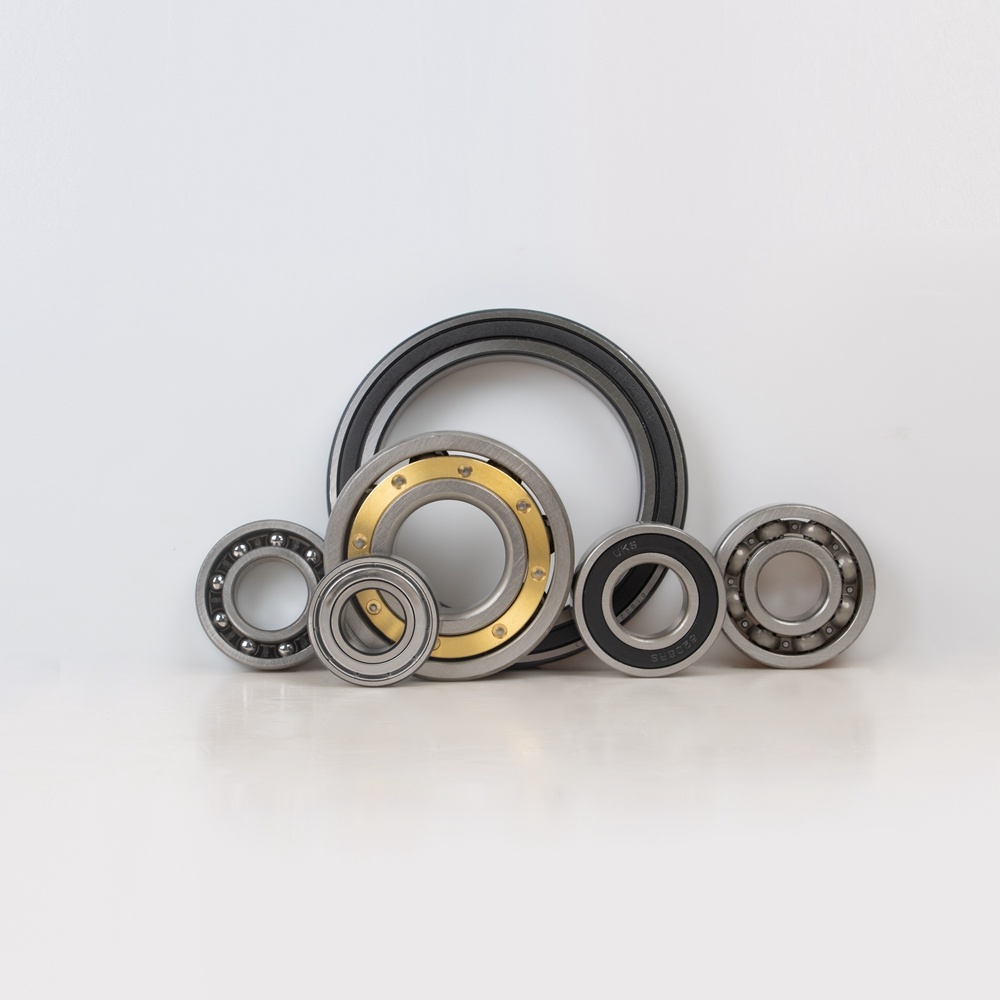
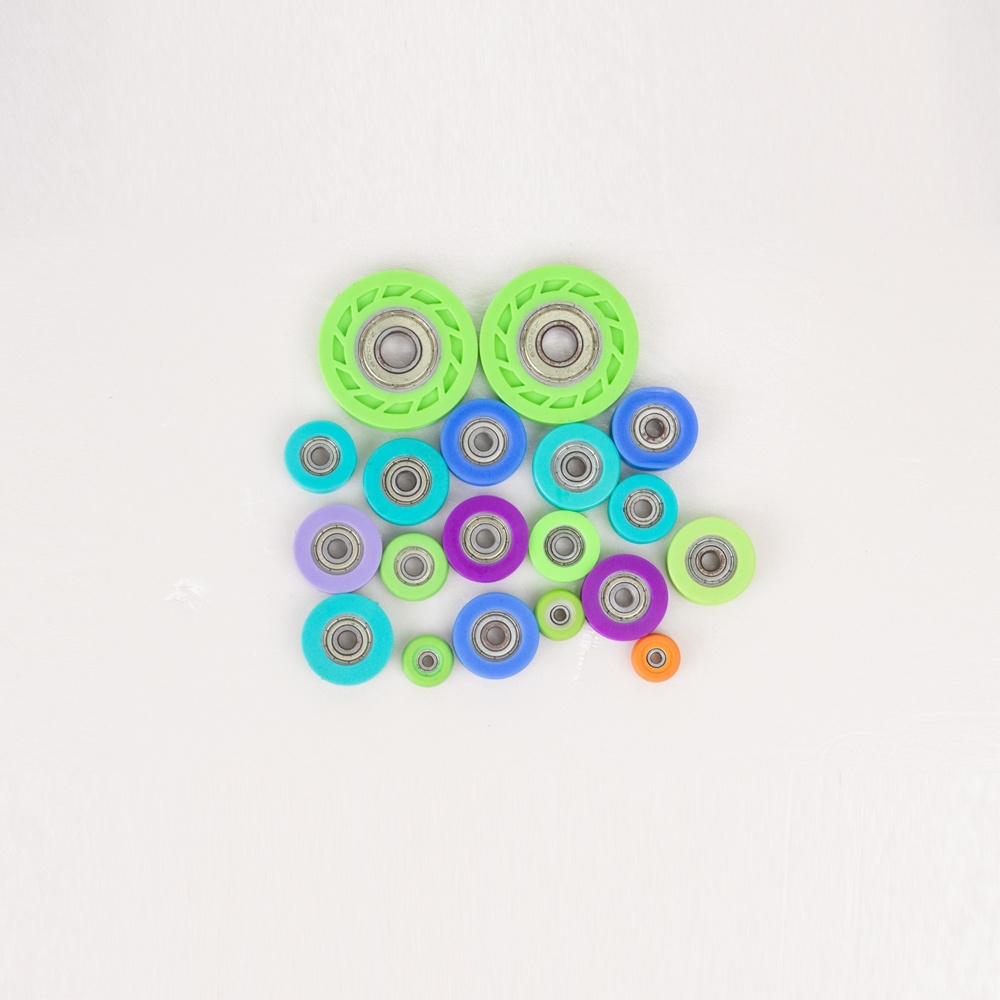
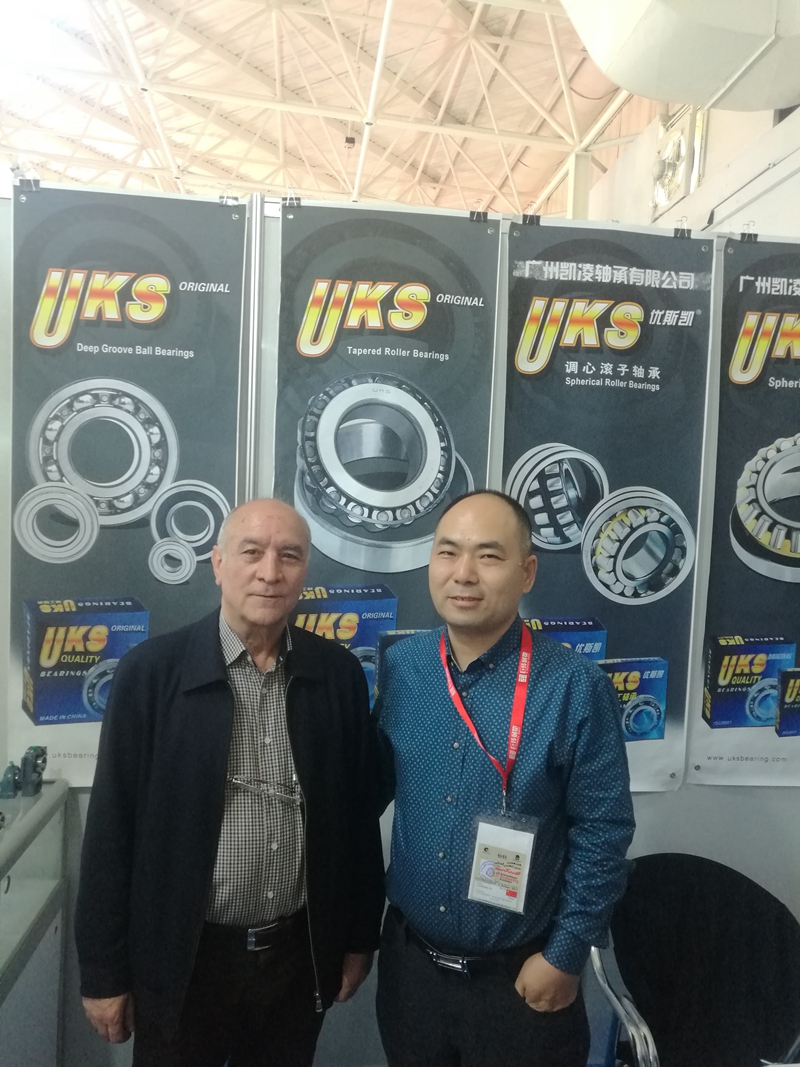
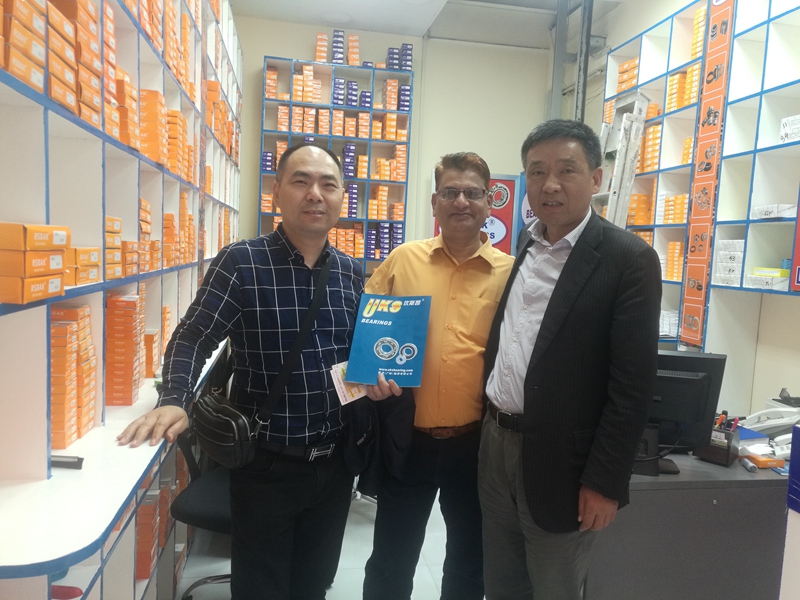
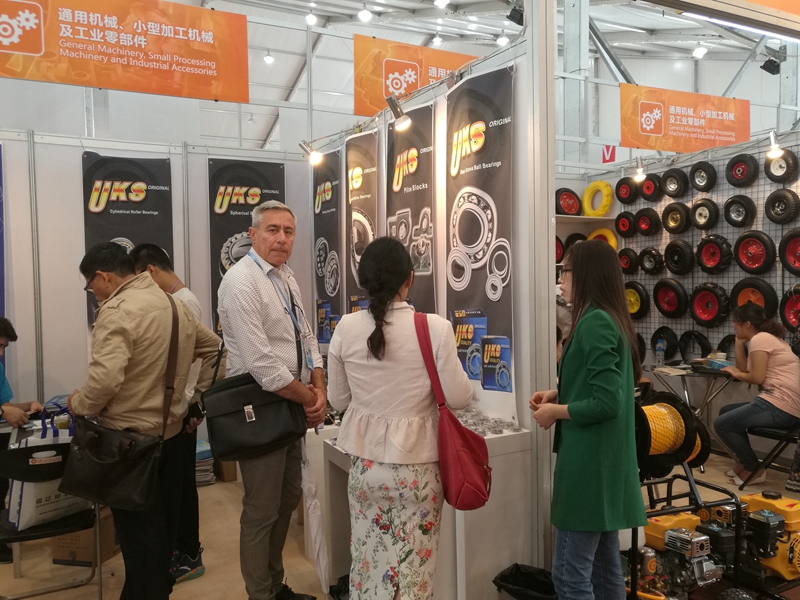

 Fanny Huang
Fanny Huang Colin
Colin